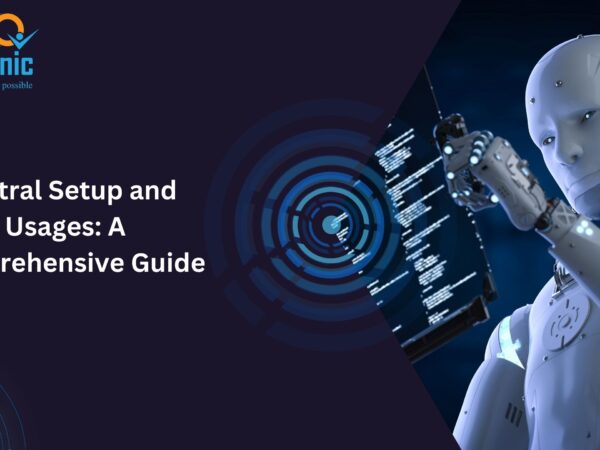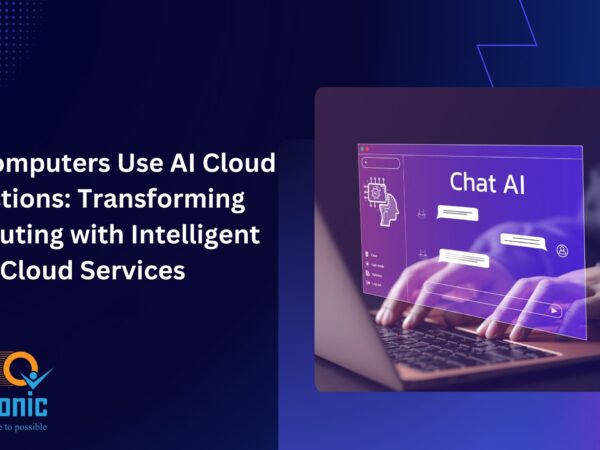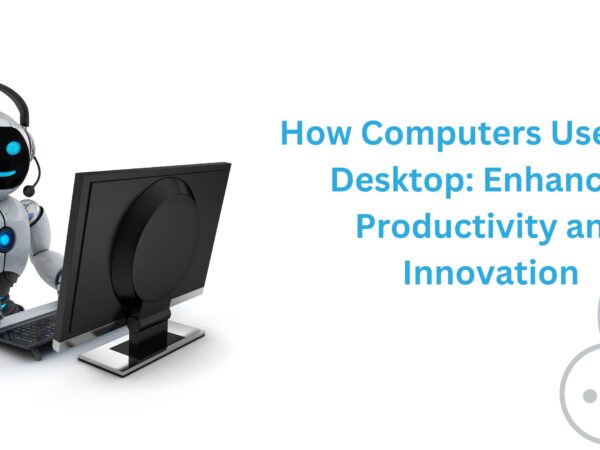The rise of artificial intelligence (AI) and cloud computing has transformed the way computers operate. AI cloud functions allow computers to leverage cloud-based machine learning, automation, and analytics to improve efficiency and performance. This article explores the significance of AI cloud functions, their applications, benefits, and the future of cloud-based AI computing.
1. Understanding AI Cloud Functions
AI cloud functions refer to cloud-based AI services that perform specific computing tasks without requiring on-premises hardware. These functions are typically:
- Serverless: Executed on demand, reducing the need for constant computing resources.
- Scalable: Can handle varying workloads automatically.
- Intelligent: Utilize AI and machine learning algorithms to make data-driven decisions.
Major cloud providers such as AWS (Amazon Web Services), Microsoft Azure, and Google Cloud offer AI-driven cloud functions that enhance computing capabilities for businesses and individuals.
2. AI-Powered Cloud Services
Several AI-driven cloud services enable businesses to automate operations, analyze vast amounts of data, and provide smarter user interactions. Some key services include:
- AI-Powered Chatbots: Cloud-based AI chatbots enhance customer service by providing real-time responses.
- Natural Language Processing (NLP): Used in voice assistants like Google Assistant, Siri, and Alexa for text and speech recognition.
- Machine Learning (ML) Models: Cloud-hosted ML models help analyze data patterns and improve decision-making.
- Computer Vision: AI-powered cloud functions process and analyze images, enabling applications like facial recognition and medical diagnostics.
- Predictive Analytics: AI cloud functions predict trends based on historical data, helping businesses optimize operations.
3. Benefits of AI Cloud Functions
AI cloud functions provide several advantages to businesses and developers:
a) Cost Efficiency
- Reduces hardware and maintenance costs by outsourcing computing to the cloud.
- Pay-as-you-go models ensure that businesses only pay for the computing power they use.
b) Scalability
- AI cloud functions automatically scale up or down based on demand, optimizing performance without requiring manual intervention.
c) Accessibility and Collaboration
- Cloud-based AI services allow global accessibility, enabling teams to collaborate on projects seamlessly.
- Developers can access AI models and APIs without needing specialized hardware.
d) Enhanced Security
- AI-driven cloud security solutions monitor threats in real-time.
- Cloud providers implement strict compliance standards, ensuring data protection.
4. AI Cloud Function Use Cases
a) Healthcare
- AI-powered cloud functions assist in medical imaging analysis, disease prediction, and telemedicine applications.
- Cloud-based AI chatbots help patients schedule appointments and answer queries.
b) Finance
- AI detects fraudulent transactions and monitors financial risks.
- Predictive analytics improve stock market forecasting and investment decisions.
c) Retail and E-commerce
- AI cloud functions personalize recommendations for customers based on browsing and purchase history.
- Chatbots provide instant customer support, improving user experience.
d) Manufacturing
- AI cloud functions analyze data from IoT devices to optimize supply chain and predictive maintenance.
- Computer vision assists in quality control and defect detection.
e) Education
- AI-driven cloud platforms personalize learning experiences by analyzing student performance.
- Automated grading systems streamline administrative tasks for educators.
5. Challenges of AI Cloud Computing
Despite its advantages, AI cloud computing faces several challenges:
- Data Privacy Concerns: Storing sensitive data in the cloud raises privacy and security issues.
- Latency Issues: Real-time AI applications may experience slight delays due to cloud dependency.
- Integration Complexity: Businesses may face difficulties integrating AI cloud functions with existing legacy systems.
6. The Future of AI Cloud Functions
The evolution of AI cloud functions promises a more efficient and intelligent computing landscape:
- Quantum AI Integration: Quantum computing may enhance AI cloud functions, solving complex problems faster.
- Edge AI Computing: AI models will operate closer to devices, reducing latency and improving performance.
- Autonomous AI Systems: AI-driven cloud services will power fully automated business processes, requiring minimal human intervention.
Conclusion
AI cloud functions are reshaping how computers operate, offering scalable, cost-effective, and intelligent computing solutions. As technology advances, AI cloud services will continue to revolutionize industries, enabling smarter decision-making and automation. Businesses and developers must embrace AI-driven cloud computing to stay competitive in the digital era.









